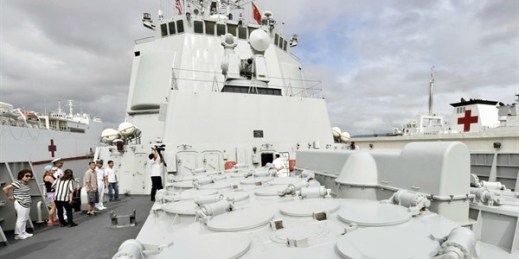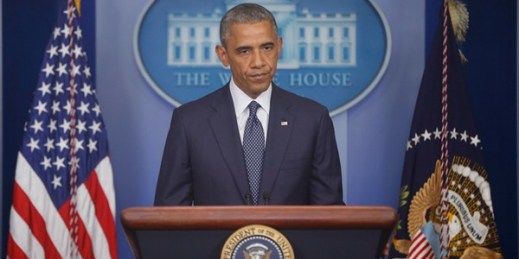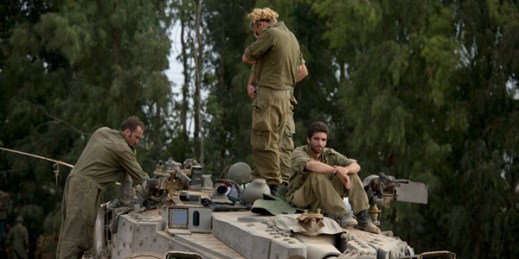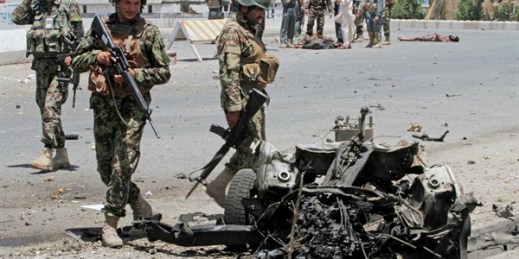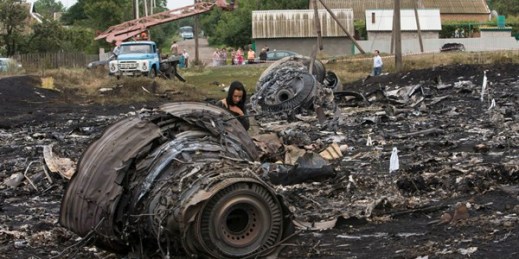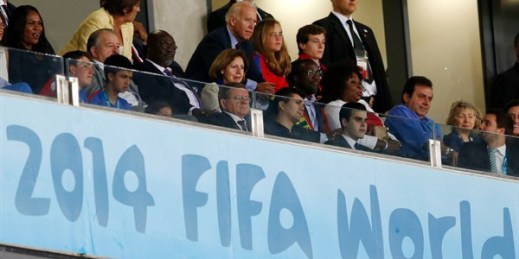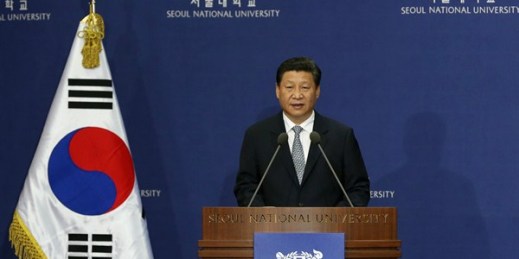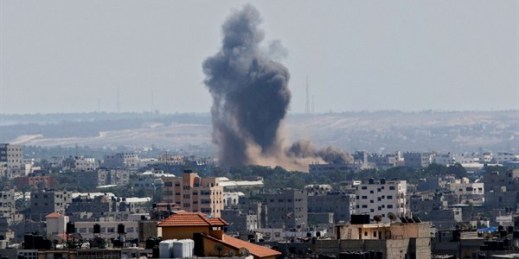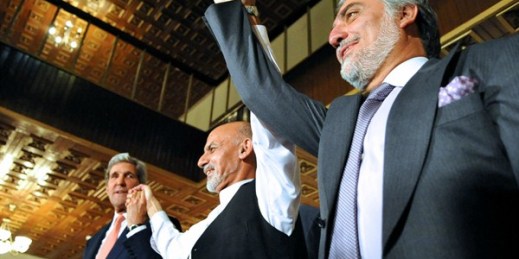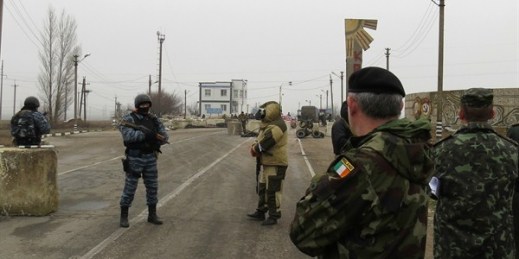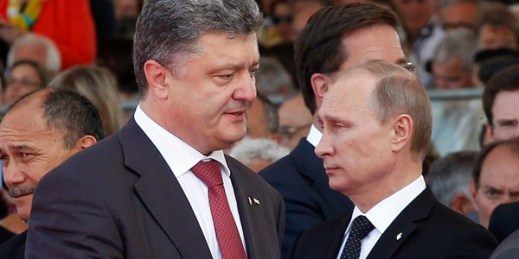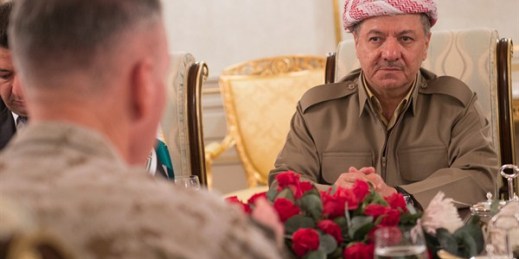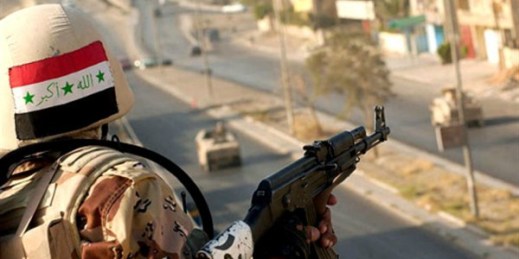
SEOUL, South Korea—Last week, South Korea marked 100 days since the ferry disaster that left 304 people dead, most of them young high school students. The sinking of the Sewol, as the ship was named, has grown into much more than a heartbreaking tragedy. It has become a landmark event in the country’s history, one whose impact on South Korea’s politics, economy and self-image continues to grow. Memorials to the dead are visible throughout Seoul, and the sounds of continuing protests by relatives of the victims and their supporters can be heard across the city. More than anything, the Sewol […]


